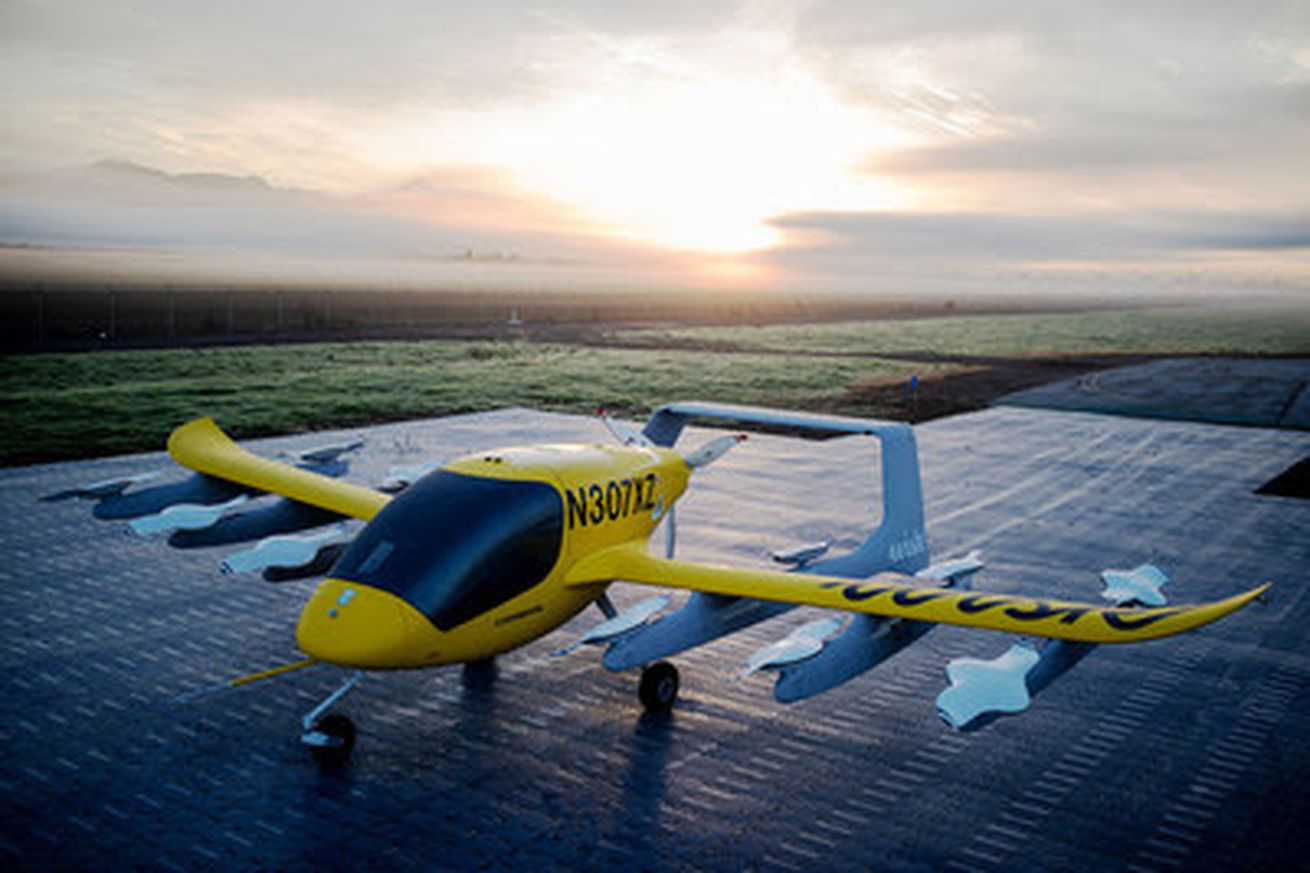
Rival air taxi startups Wisk and Archer settle their trade secret theft lawsuit
Wisk and Archer, two leading air taxi startups, have settled their legal dispute over allegations of stolen trade secrets, avoiding a jury trial that would have cast a negative light on the emerging aviation technology sector.
Wisk, a wholly owned subsidiary of Boeing, sued Archer in 2021 for allegedly stealing its trade secrets and infringing on its patents. A judge sent the lawsuit to trial in June, but now, the two sides have settled the dispute.
Wisk said it will become the exclusive provider of autonomous flying technology to Archer, should Archer decide to pursue a self-flying aircraft. Boeing will invest in the private investment in public equity (PIPE) financing that Archer released today as part of its second quarter earnings report. And Wisk will receive shares in Archer as part of Boeing’s investment in the company’s $215 million PIPE.
Wisk said it will become the exclusive provider of autonomous flying technology to Archer
“We are pleased to have reached a mutually agreeable settlement with Archer that resolves our concerns while also eliminating the need for a costly and distracting trial,” Wisk said in a statement. Wisk is committed to working collaboratively within the industry and leading in autonomous passenger flight.”
Wisk was formed in 2019 as a joint venture between Boeing and Kitty Hawk, the flying taxi company bankrolled by Google co-founder Larry Page that recently shut down. The Mountain View, California-based company is in a race to become the first advanced air mobility company to get the green light from the FAA for passenger testing. Wisk’s aircraft, an all-electric four-seater, can fly without a human pilot and is the first electric vertical takeoff and landing (eVTOL) candidate for type certification.
Archer, based in Santa Clara, California, came out of stealth in spring 2020 after having poached key talent from Wisk and Airbus’ Vahana project. But in its lawsuit, Wisk argued that Archer didn’t just steal talent — it also stole trade secrets. Wisk accused Archer of misappropriating “thousands of highly confidential files containing very valuable trade secrets, as well as the use of significant innovations Wisk has patented.” Archer called the lawsuit “regrettable” and denied the allegations that the company had stolen Wisk’s intellectual property.
Wisk has said it hopes to launch an air taxi service within the next five years, at which point it predicts conducting 14 million flights annually in around 20 major markets around the globe.
Air taxis, sometimes misidentified as “flying cars,” are essentially helicopters without the noisy, polluting gas motors (though they certainly have their own unique noise profile). In addition to Wisk, companies like Joby Aviation, Volocopter, Ehang, and Archer have claimed they are on the cusp of launching services that will eventually scale up nationwide.

